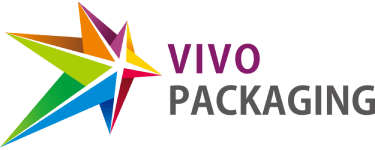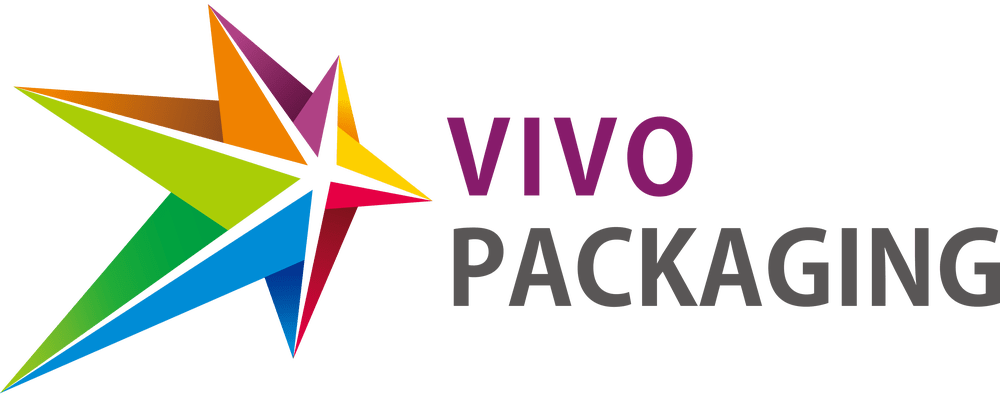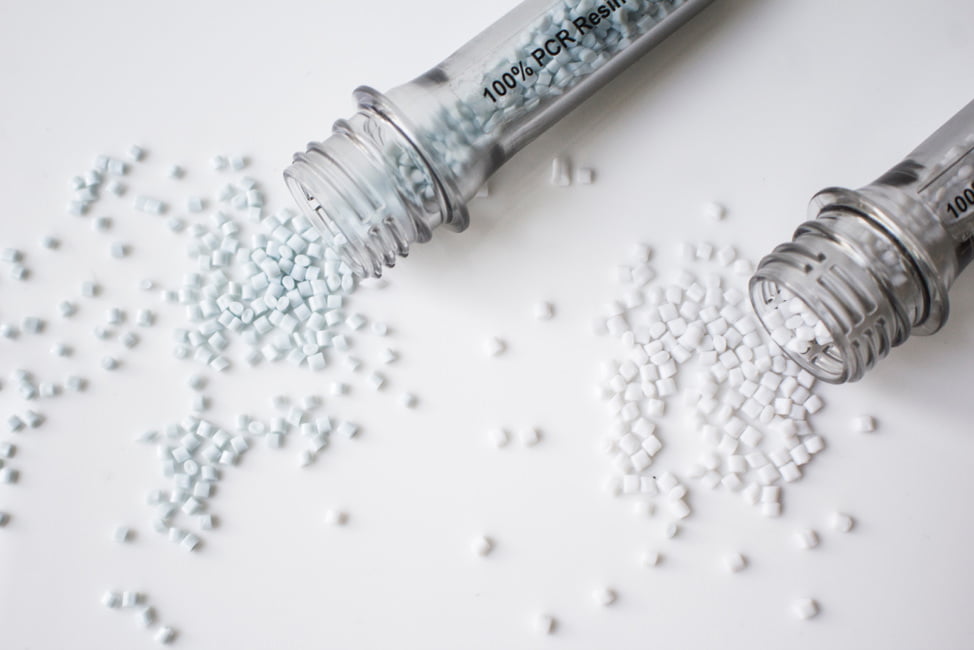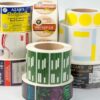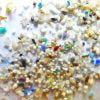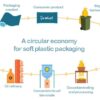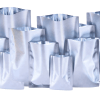PCR (Post-Consumer Recycled): Transforming Waste into Sustainable Solutions
Introduction:
In our quest for a greener and more sustainable future, one term has risen to prominence: PCR, or Post-Consumer Recycled. This innovative concept has the power to revolutionize industries and redefine the way we view waste. In this comprehensive blog, we delve into the world of PCR, exploring its significance, benefits, applications, and the positive impact it can have on the environment.
Understanding PCR:
At its core, PCR refers to the process of recycling materials that were previously used by consumers, such as plastic, paper, glass, and metals, to create new products. Unlike conventional recycling, which typically involves turning pre-consumer waste or manufacturing scraps into new items, PCR focuses on reusing items that have already served their initial purpose. This not only reduces the strain on raw material resources but also diverts waste from landfills and incineration.
The Significance of PCR:
Post-Consumer Recycled materials play a pivotal role in addressing the environmental challenges posed by excessive waste generation and resource depletion. By giving discarded items a second life, PCR helps reduce energy consumption, greenhouse gas emissions, and the need for virgin materials. It embodies the principles of circular economy, promoting a closed-loop system where products are designed, consumed, and then reintegrated into the production cycle.
Benefits of PCR:
- Resource Conservation: PCR conserves precious natural resources like water, oil, and minerals by decreasing the demand for new raw materials.
- Energy Savings: Recycling materials uses significantly less energy than extracting and processing virgin resources, thereby reducing carbon emissions.
- Waste Diversion: PCR reduces the burden on landfills and waste management systems, alleviating environmental pressures.
- Lower Carbon Footprint: The production of recycled materials generates fewer greenhouse gas emissions compared to manufacturing from scratch.
Applications of PCR:
PCR has found applications across various industries, ranging from packaging and textiles to electronics and construction.
- Packaging: PCR is transforming the packaging industry, enabling the creation of eco-friendly bottles, containers, and packaging materials.
- Textiles: Fashion brands are embracing PCR to produce sustainable clothing and accessories, reducing the fashion industry’s notorious environmental impact.
- Construction: PCR materials are being used in construction for everything from recycled concrete to sustainable building components.
- Electronics: Electronics manufacturers are incorporating PCR plastics into their products, promoting a circular approach in a traditionally linear industry.
PCR in Action:
A shining example of PCR’s success is its integration into the world of consumer packaging. Brands are increasingly adopting PCR materials for bottles, containers, and product casings. These recycled materials maintain quality while lessening the strain on the environment. Consumers are becoming more conscious of their choices, and PCR empowers them to make eco-friendly decisions without compromising on product integrity.
Conclusion:
PCR, or Post-Consumer Recycled, is more than just a buzzword; it’s a game-changer. By reimagining waste as a resource, PCR offers a sustainable path forward, allowing us to lessen our environmental impact, conserve resources, and create a brighter, greener future. As consumers, businesses, and industries embrace PCR, we take a significant step toward a circular economy where waste is minimised, and sustainability becomes the norm. Embrace PCR – because recycling isn’t just about what we discard; it’s about what we can create anew.
